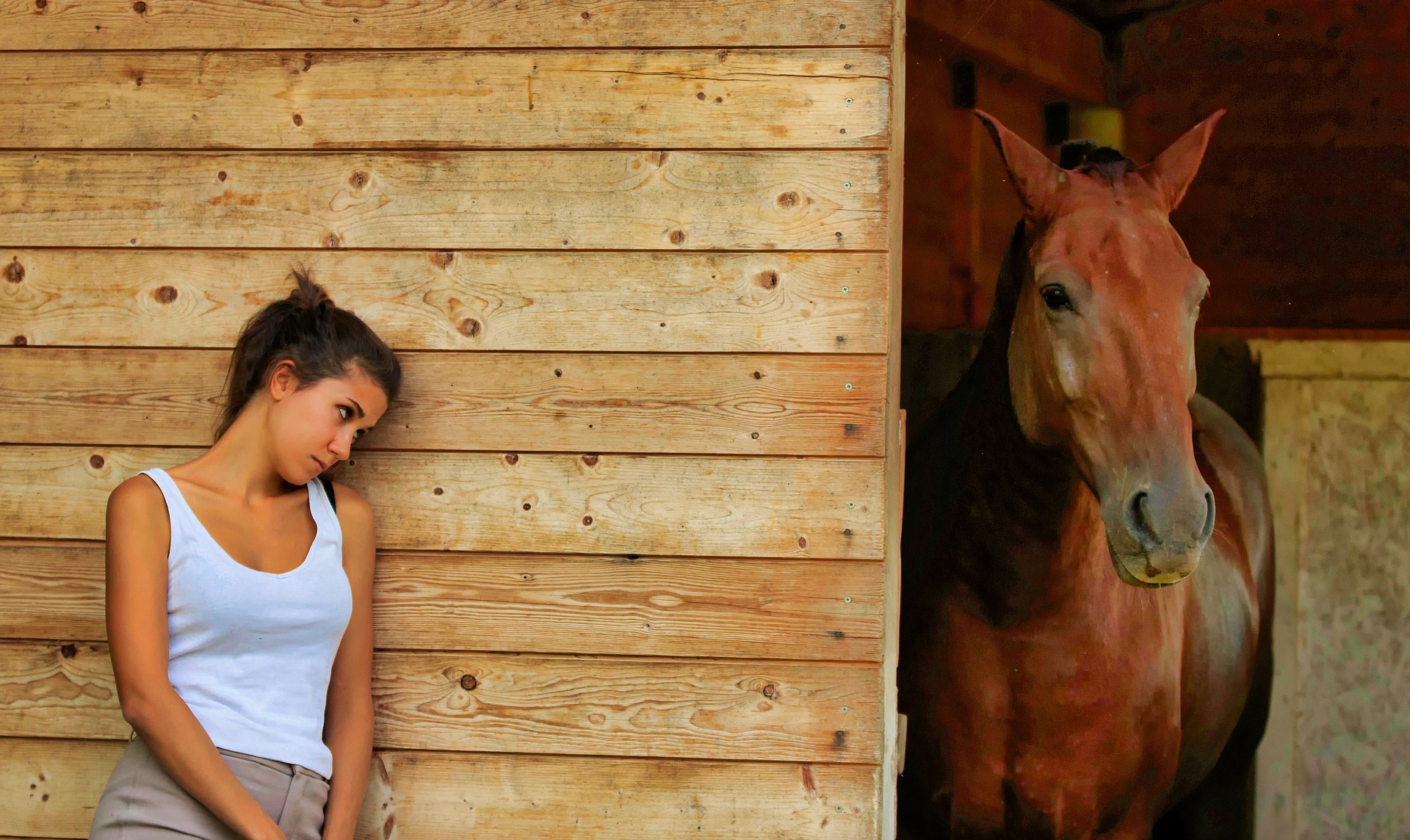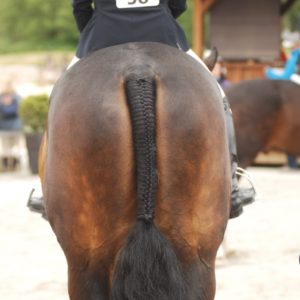“You just have to take lessons from him! He’s THE expert!” said a friend.
Simply nobody else would do.
As a young teen, dressed in jeans and riding in an ancient Stübben saddle, I’d spent the last couple months recklessly jumping my gelding over anything I could find. A complete lack of knowledge made me brave. I thought my abilities were limitless.
The instructor had competed at the Grand Prix level at one time; I was fascinated by his east coast accent and endless confidence (bordering on arrogance). Soon, I was following him around like a spellbound puppy. In my mind, every word he uttered was the undeniable truth.
The first few months of lessons went well, but soon his true character appeared from behind that welcoming facade. My parents drove me to lessons, but when they stepped out of the arena, the yelling and cursing began. No matter how hard I tried, I couldn’t meet his exacting standards. My heels were never down enough, my back never straight enough.
With each ‘failure’ to please him, my emotional well-being plummeted.
One lesson, in his quest for perfection, my new trainer pushed my horse to exhaustion and my gelding tripped over a jump. I was nearly crushed as he fell. The horse was so badly injured that he would never jump again.
I came to dread my lessons, after that. But, instead of realizing that my instructor was being unfair, if not abusive, I only saw my personal shortcomings. I told myself that if I was only a better rider he would not be forced to yell at me.
As a teenager, horses were my life, and as my experience with them deteriorated, so did everything else. I was racked with anxiety and fell into depression. I stopped eating and became too thin. Family and friends started voicing their concern about my health.
One lesson out of the blue, my trainer stopped mid-session and told me I wasn’t worth his time. Afterwards, he got in his car and drove away. Sitting alone by the sandy arena, I finally realized that this relationship needed to end. I left a voicemail quitting his lesson program the next day.
I’ve spent the last eight years trying to undo the damage of that experience. My trainer, the person I entrusted to guide my riding education, endangered the mental and physical well-being of both me and my horses.
The hardest part to get past is that I let him. I ignored my instincts.
Today, thanks to a supportive coach and family, I am finally enjoying jumping my two beautiful horses. My friends cheer after a decent hunter round like I’ve just won an Olympic medal, and I suspect my trainer may in fact be a saint. She respects my horses and willingly listens to my intuition. Most importantly, she never shouts at me (even though occasionally she probably wants to). Anxiety is still a daily challenge, but thankfully it no longer overshadows the joy I find in riding.
The misconduct allegations against revered trainers George Morris this month and Jimmy Williams last year made me think a great deal about how damaging our hesitation to walk away from abusive relationships truly is; how long the impact lasts. No matter the prestige of the perpetrator, no matter how seemingly small the crime, it is the responsibility of every horse person to spot the warning signs and to speak up against abuse in all its forms.
That’s one lesson I can credit my first trainer for.




 December 5, 2019
December 5, 2019 






















